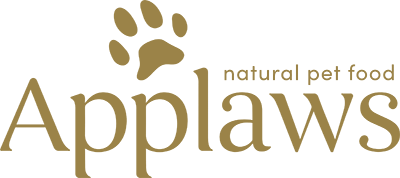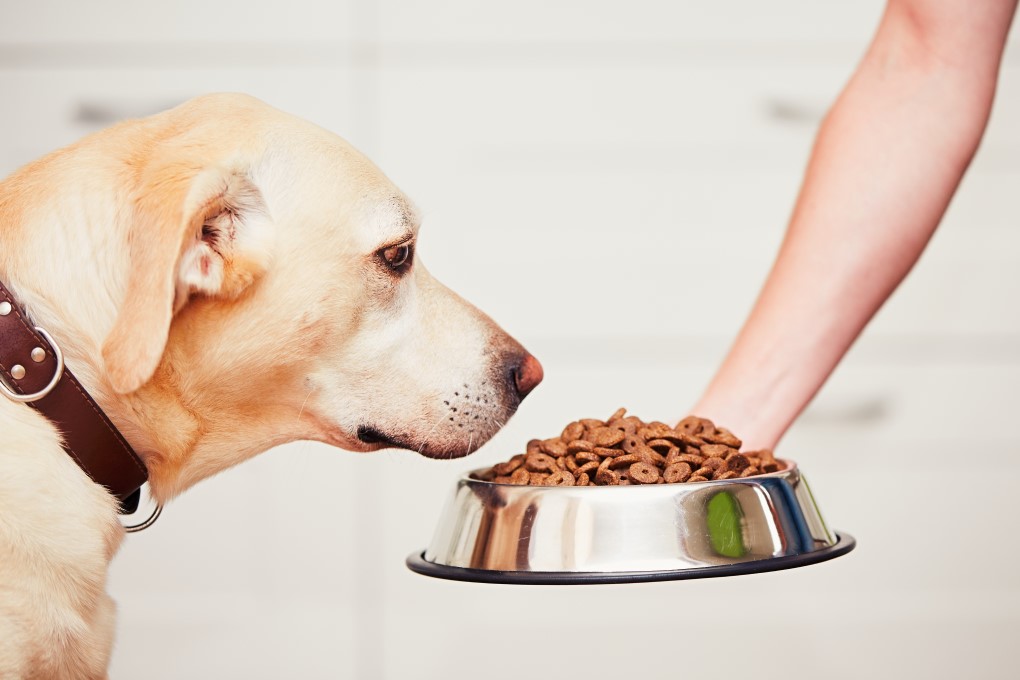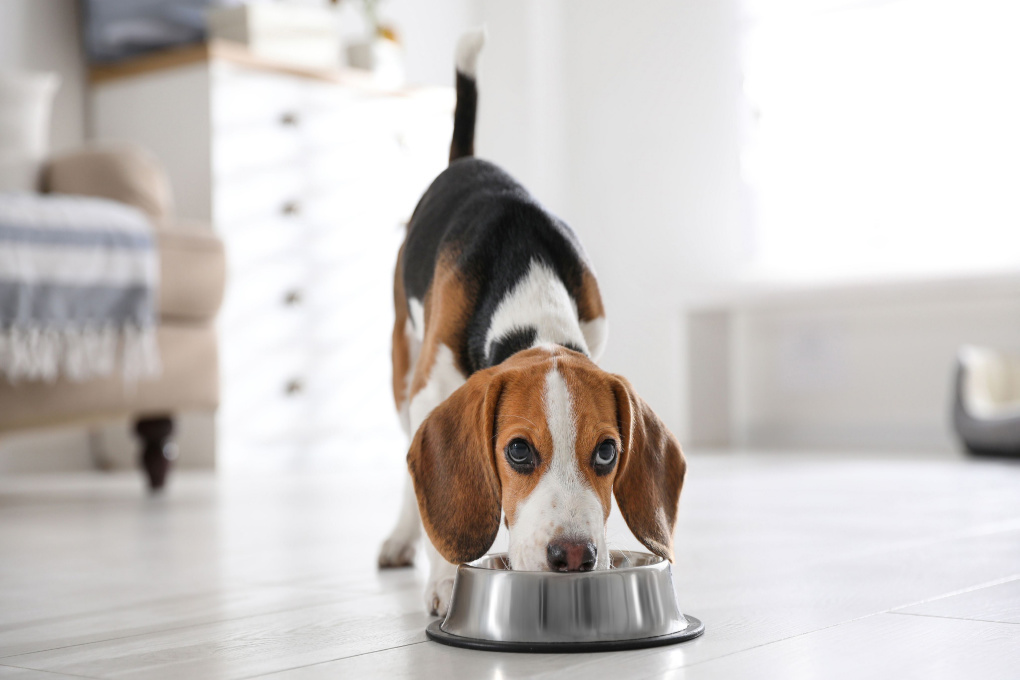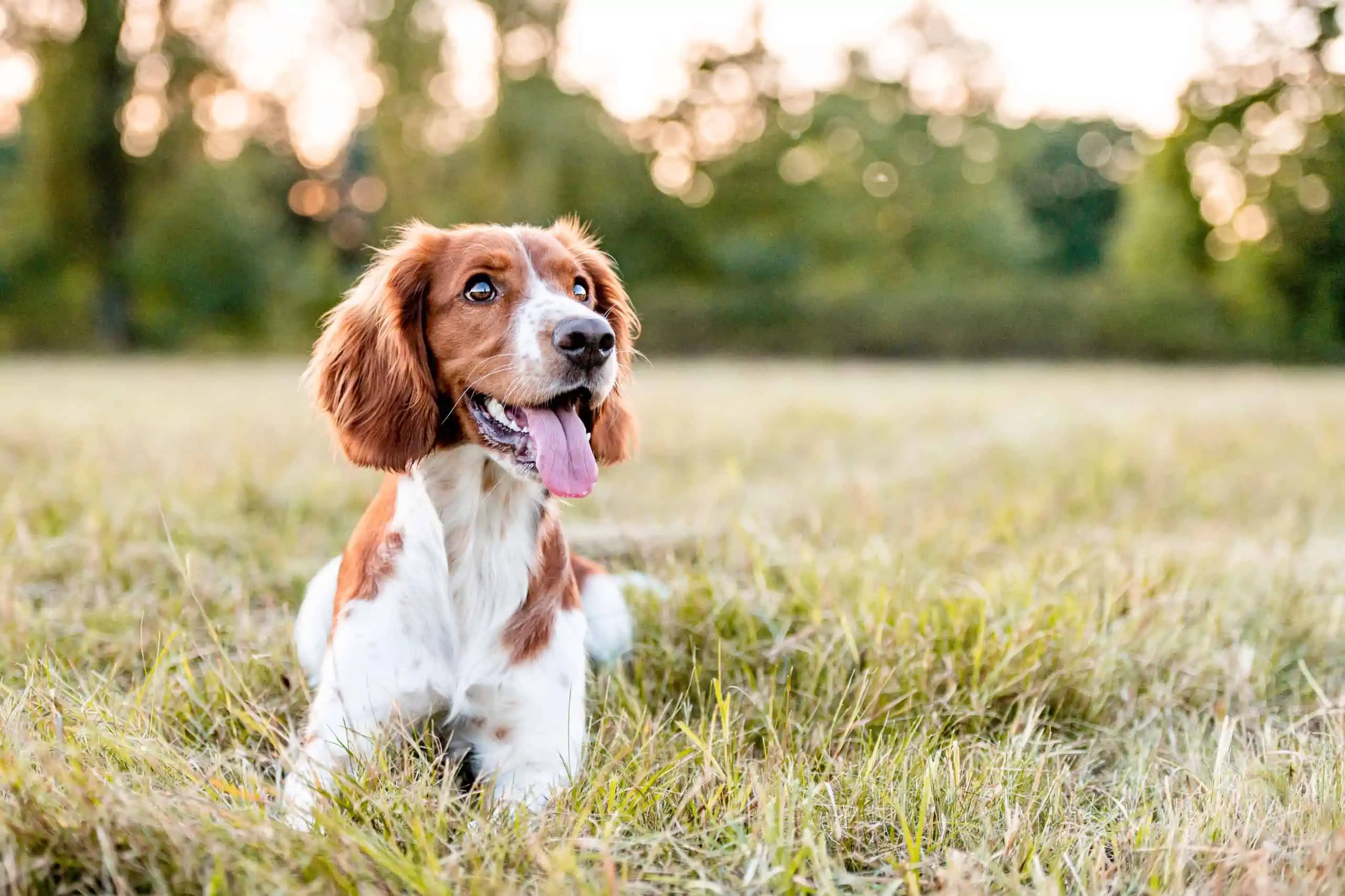When your playful puppy develops a tendency to chew anything and everything within their reach, it’s a sure-fire sign that the teething process has begun.
Your cute, inquisitive and care-free canine will start to explore their new surroundings with their mouths from as early as two weeks old, when their baby teeth start to come through.
The cheeky little chewers will experience the discomfort and soreness in their gums — as new teeth grow — until around six months old, when all of their adult teeth have fully developed.
How to care for your puppies teeth
A dog’s smile is a rare commodity. It’s not that your precious pups aren’t ever happy, they just tend to show their emotion with their tails rather than their teeth. That’s why it’s essential to properly protect and prepare those pearly whites ready for when they do decide to show off that cheesy grin. Here are a few tips.
• Brushing: Puppies require dental care, just like humans do. Getting into a routine of treating teeth and gums using a specialized canine toothbrush from a young age will build their tolerance towards the sensation, therefore making the process of brushing much easier going forward.
• Cleaning: After introducing brushing — and familiarizing your pups with the treatment — pet parents can then move things along by adding a formulated toothpaste for dogs — to help prevent infections, promote oral hygiene, while simultaneously strengthening teeth.
• Toys: Chew toys offer your four-legged family members some much-needed respite from the pain of teething. Edible teething rings and flavored chew sticks will help soothe sore gums and provide a welcome distraction for your dogs, who might otherwise opt to nibble on household objects or furniture that you’ll be trying so hard to discourage.
• Dental additives: Adding dental additives to your pup’s water will help break down plaque and tartar and attack harmful bacteria. This will keep their breath smelling squeaky-clean. Ensure that your dog’s water is changed on a regular basis.
• Regular vet checks: Scheduling an annual visit to the vets will help you stay on top of your dog’s dental hygiene. A thorough examination, with x-rays, cleaning and polishing, will provide the level of care and attention your fur baby needs to pick out any potential oral health issues.
Is nipping a normal part of the teething process?
Nipping and gnawing is a perfectly natural and normal part of the teething process. Just like babies, pups love to explore the world and everything within it with their mouths.
Their pincer-like peggies aren’t designed to cause pain, they’re just a frustrating by-product of a puppy’s developmental process. They’ll target toes, fingertips and anything else in their vicinity.
The entire litter will usually nip at each other in a playful manner, again not realizing their own strength until a sibling lets out a loud yelp. Eventually they’ll grow out of it and learn how to moderate the force.
There are various ways and means of speeding up the process of bite inhibition; just ask your veterinarian for guidance on specific behavioral traits.
When do puppy teeth fall out?
Their needle-like teeth, of which they’ll grow 28, should all have made a breakthrough by the time your four-legged friend reaches six weeks old, with the incisors and canine teeth preceding the premolars and molars.
At 12 weeks their sharp and pointy primary teeth will start to fall out, making way for their permanent teeth. By the time your puppy is approximately six months old, all the razor-sharp baby teeth will likely have shed and been replaced by their adult set.
In general, adult dogs have about 42 teeth.
Prioritize oral care from day one
Looking after your pup’s oral health and dental hygiene from day dot is just as important as staying on top of their nutritional health, their general wellbeing and their day-to-day grooming.
Introducing them to a dental routine at the earliest possible point, and adding in various forms of pain relief, will help steer them through what can be quite a traumatic and uncomfortable experience for some dogs.
Developing a tolerance to brushing can be crucial, while throwing chew toys into the mix will provide a much-needed distraction and some satisfaction when it comes to super sore gums.
Crunchy kibble can also help to remove plaque from our puppies’ teeth. If you want to liven up your hungry little hound’s dry food offering then our Taste Toppers range, made up of highly nutritious, lip-licking natural ingredients is the perfect mealtime addition. Finally, stay on top of their care with regular home checks as well as adding in annual veterinary examinations. The more you can do for your pups throughout this period, the happier they’ll be in the long run.
If you found this article useful, you may also like:






